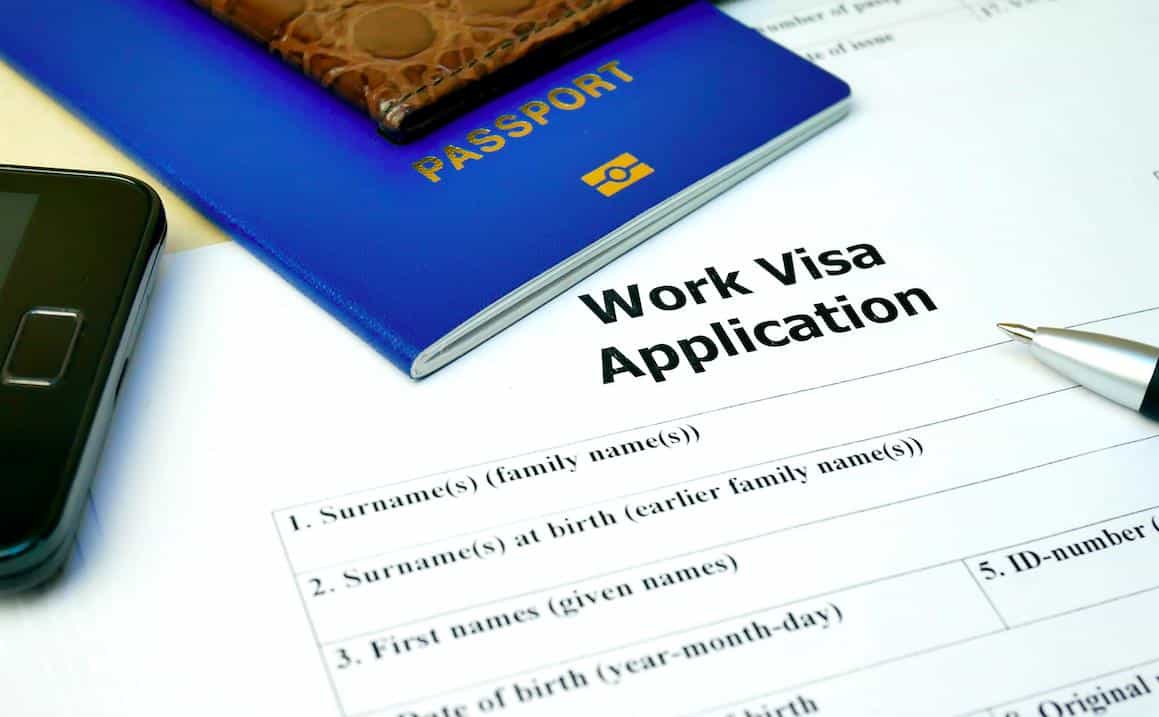The Interactive Games and Entertainment Association (IGEA) has identified two major impediments to attracting senior international talent to Australia: the first is the lack of accommodations for game development related jobs in existing migration codes; and the second is the lack of clear pathways towards permanent residency for game developers who move to Australia for work.
Recently, the Department of Home Affairs changed the way that working visas are processed for game developers looking to move to Australia for work. Now, IGEA have proposed the second part of their two-pronged approach to helping the local industry compete in the international hiring market.
GETTING GAMES ON THE SKILLED OCCUPATION LIST
As a result of IGEA’s input, the Department of Employment has liaised with the Australian Bureau of Statistics to accommodate 47 videogame development-related roles on the Skilled Occupations List, by recognising them through existing Australian and New Zealand Standard Classification of Occupations (ANZSCO) codes.
The classification definitions are based on the skill level and specialisation usually necessary to perform the tasks of the specific occupation, or of most occupations in the group, and an employer is required to nominate a category through which a working visa is processed.
Before these changes came through, game developers who hoped to work in Australia had to apply under the code 261211 Multimedia Specialist, categorised within the Unit group 2612 Multimedia Specialists and Web Developers. The lack of specificity of this classification has an adverse effect on migrating game developers, and for local studios who are recruiting.
On top of the regular bureaucratic load of applying for a skilled work visa, an Australian games studio has to prove that the job they are recruiting for actually exists, despite not being recognised formally as an occupation. It’s a process that can already take months, as well as costing thousands of dollars in application fees, on top of the cost of hours of consultation and labour.
The introduction of 47 games-specific occupation codes will help streamline this process. IGEA have successfully advocated for the formal recognition of games-specific roles within existing codes. This includes the formal recognition of some technical roles like (Senior) Rendering Engineer or (Senior) Graphics Engineer within the existing Multimedia Specialists category that had previously covered all game development.
Read: Where do all Australia’s senior games developers go?
Crucially, it includes game development roles that do not fit so comfortably within the Multimedia Specialist category, such as the addition of Environment artist to the 232412 Illustrator code, and the role of Level Designer to the 232413 Multimedia Designer code. While non-essential visa processes have been slowed during the pandemic, this is still an important step forward in facilitating Australian studios in hiring international experts in non-engineering roles.
Inclusion on the Skilled Occupation list also determines whether an occupation is included on the Medium and Long-term Strategic Skills List (MLTSSL), the Short-term Skilled Occupation List (STSOL) or Regional Occupation Lists. This determines whether or not an occupation qualifies for a pathway to permanent residency. Currently, game developers who are hired in the MLTSSL stream, such as programmers, will qualify for such a pathway, whereas game developers in roles that are classified within the STSOL stream, like artists, marketing experts, and some designers, will still be forced to leave the country after a maximum of two years.
As a result, Australian companies struggle to compete to hire in the international market, where many competitors work in regions that have established game development ecosystems with supportive migration schemes.
On the basis of ongoing difficulties that the local industry faces in filling senior roles, IGEA have proposed a labour agreement that would allow Australian games studios to sponsor skilled overseas workers, arguing that there is evidence that the need cannot be met locally, and current visa programs are insufficient to the industry’s needs.
The agreement, which is still being assessed by the Department of Home Affairs, would facilitate local studios in hiring across all game development roles, and in creating pathways to migration for all hires, not those formally recognised in the MLTSSL stream.
In a statement to Screenhub, IGEA expressed optimism about the outcome of the agreement: ‘With the game industry proving to be largely resilient to the effects of COVID-19 in contrast to other sectors, we are confident that we can make a persuasive case. Numerous members are still looking to hire senior roles and will benefit from access to a large international talent base.’





